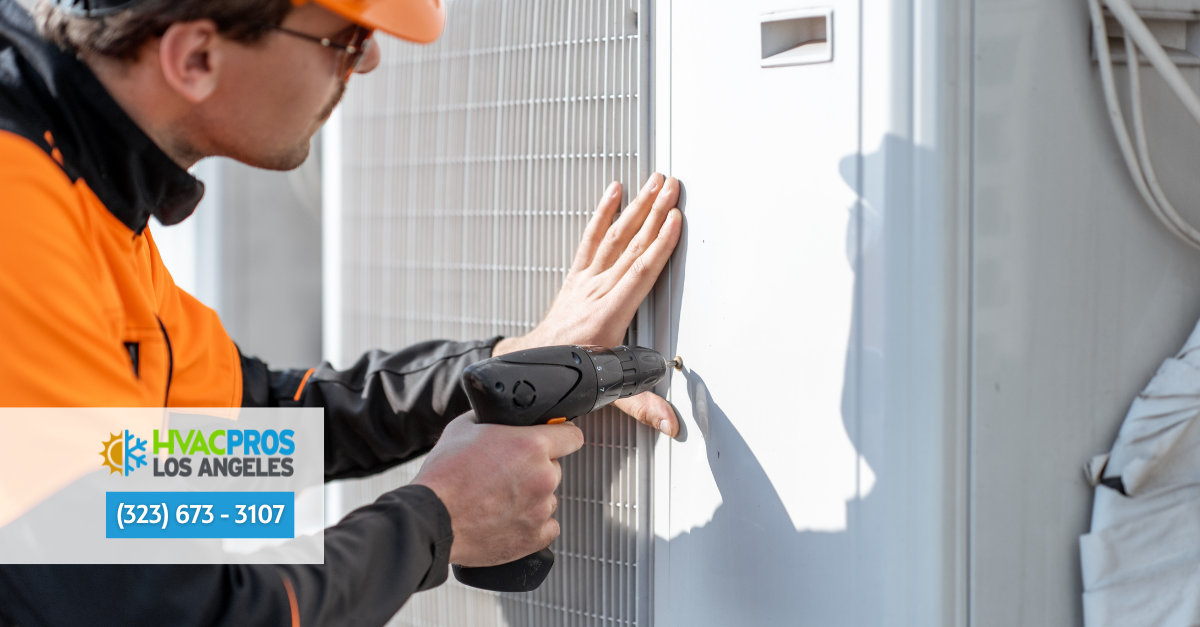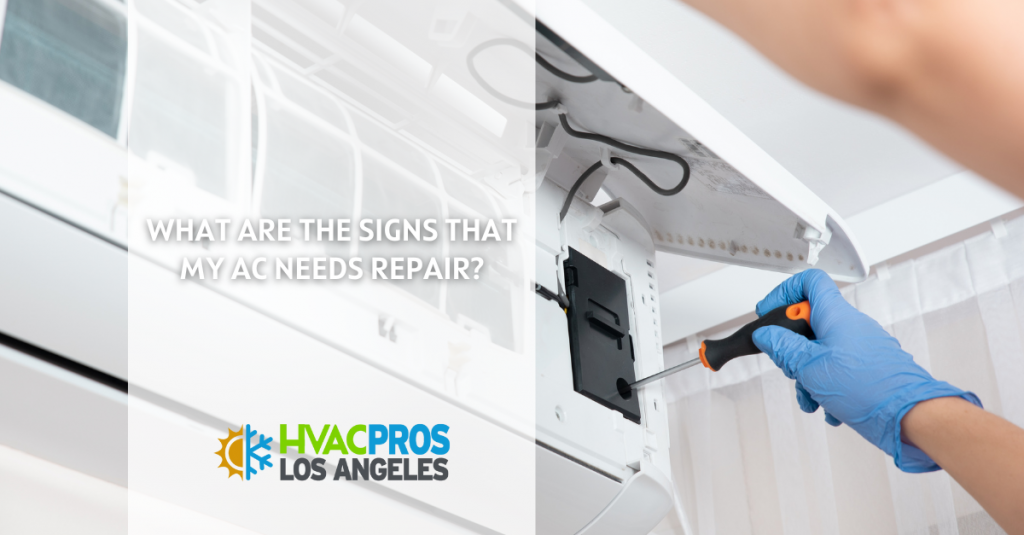When the summer heat hits, a malfunctioning AC can turn your home into an uncomfortable oven. Identifying the signs that your AC needs repair can save you from unexpected breakdowns and costly fixes. Let’s explore the key indicators that your AC system is crying out for help.
1. Unusual Noises
Clanging, Banging, and Whistling
If your air conditioner starts making strange noises like clanging, banging, or whistling, it’s a clear sign something is wrong. These sounds can indicate loose parts, a failing motor, or debris caught in the unit. Ignoring these noises can lead to more significant issues and expensive repairs.
2. Weak Airflow
Feels Like a Gentle Breeze?
If the airflow from your AC vents feels weaker than usual, it might be due to a clogged filter, duct issues, or a failing compressor. Weak airflow means your system is struggling to circulate air, leading to inefficient cooling and higher energy bills.
3. Warm Air
Cool Air Gone Missing
One of the most obvious signs that your AC needs repair is if it starts blowing warm air instead of cool. This can be due to a refrigerant leak, a broken compressor, or issues with the thermostat. Warm air from your AC unit is a red flag that requires immediate attention.
4. Frequent Cycles
On and Off Like a Light Switch
AC units naturally cycle on and off to maintain the desired temperature. However, if your system is cycling more frequently than usual, it could indicate a problem. Frequent cycling can be caused by a malfunctioning thermostat, dirty filters, or an oversized unit.
5. High Energy Bills
A Spike in Costs
A sudden increase in your energy bills can be a sign that your AC is working harder than it should be. Issues like clogged filters, low refrigerant levels, or mechanical problems can cause your system to use more energy, leading to higher utility bills.
6. Strange Odors
What’s That Smell?
Unpleasant odors coming from your AC vents can indicate mold or mildew growth, which can affect your indoor air quality. Burning smells might suggest electrical issues or overheating components. Both scenarios require immediate professional attention.
7. Moisture or Leaks
Drips and Puddles
If you notice moisture or leaks around your AC unit, it could be a sign of a refrigerant leak or a blocked drain tube. These issues can lead to water damage and affect your AC’s efficiency. Addressing moisture problems early can prevent more severe damage to your home and system.
8. Poor Cooling Performance
Not Cool Enough
If your AC isn’t cooling your home as effectively as it used to, it might be time for a repair. Poor cooling performance can result from various issues, including refrigerant leaks, dirty coils, or an aging system that needs replacement parts.
9. Thermostat Issues
Inconsistent Temperatures
If your thermostat isn’t working correctly, it can cause inconsistent temperatures throughout your home. You might notice that some rooms are cooler than others, or the temperature doesn’t match the thermostat setting. Thermostat issues can often be resolved with recalibration or replacement.
When to Call a Professional
Don’t Wait for a Breakdown
Knowing the signs that your AC needs repair can help you address problems before they escalate. If you notice any of these issues, it’s time to call a professional HVAC technician. Regular maintenance and timely repairs can extend the life of your system and keep your home cool and comfortable.

FAQs
1. How often should I service my AC to avoid repairs? It’s recommended to have your AC serviced at least once a year, preferably before the summer season starts.
2. Can I perform AC repairs myself? While some basic maintenance tasks like changing filters can be done by homeowners, it’s best to leave repairs to professional technicians to ensure safety and efficiency.
3. What can happen if I ignore the signs that my AC needs repair? Ignoring these signs can lead to more significant issues, higher repair costs, and potentially a complete system breakdown.
4. How can I improve my AC’s efficiency? Regular maintenance, such as cleaning or replacing filters, keeping the outdoor unit clear of debris, and scheduling annual professional inspections, can improve your AC’s efficiency.
5. What should I do if my AC is still underperforming after repairs? If your AC is still underperforming after repairs, it might be time to consider replacing it with a new, more efficient model.

